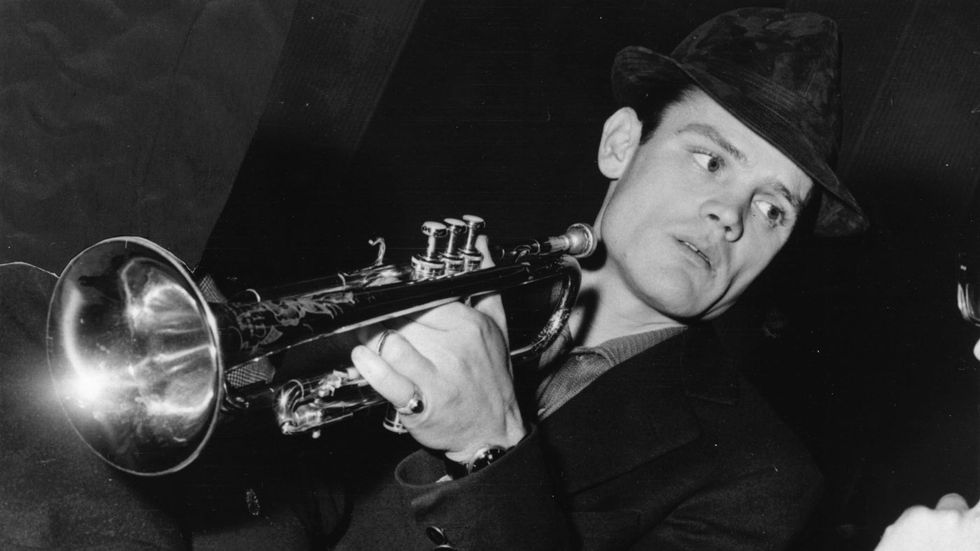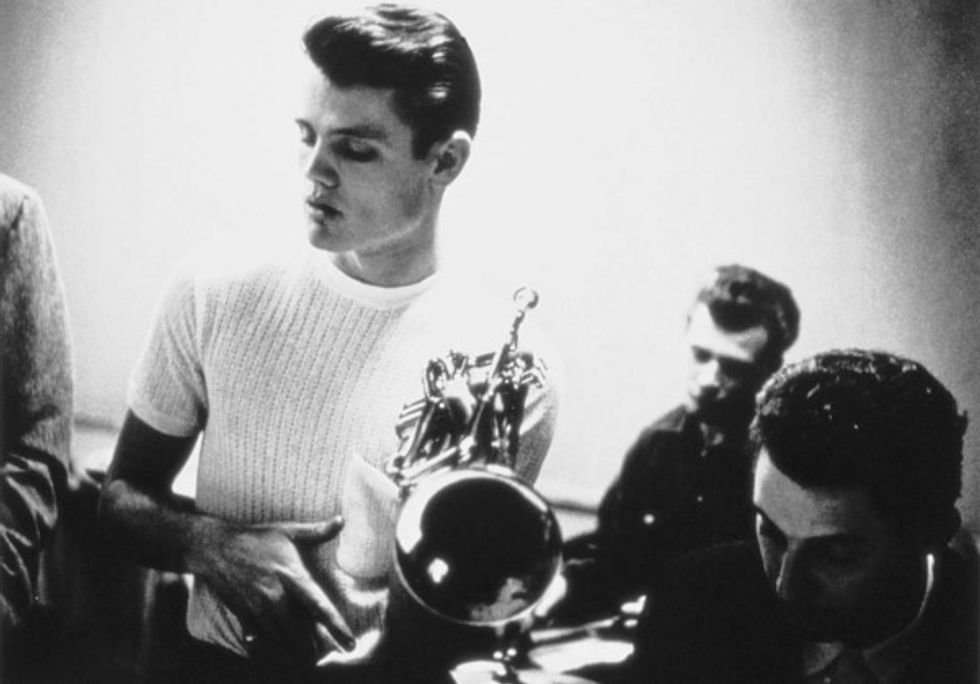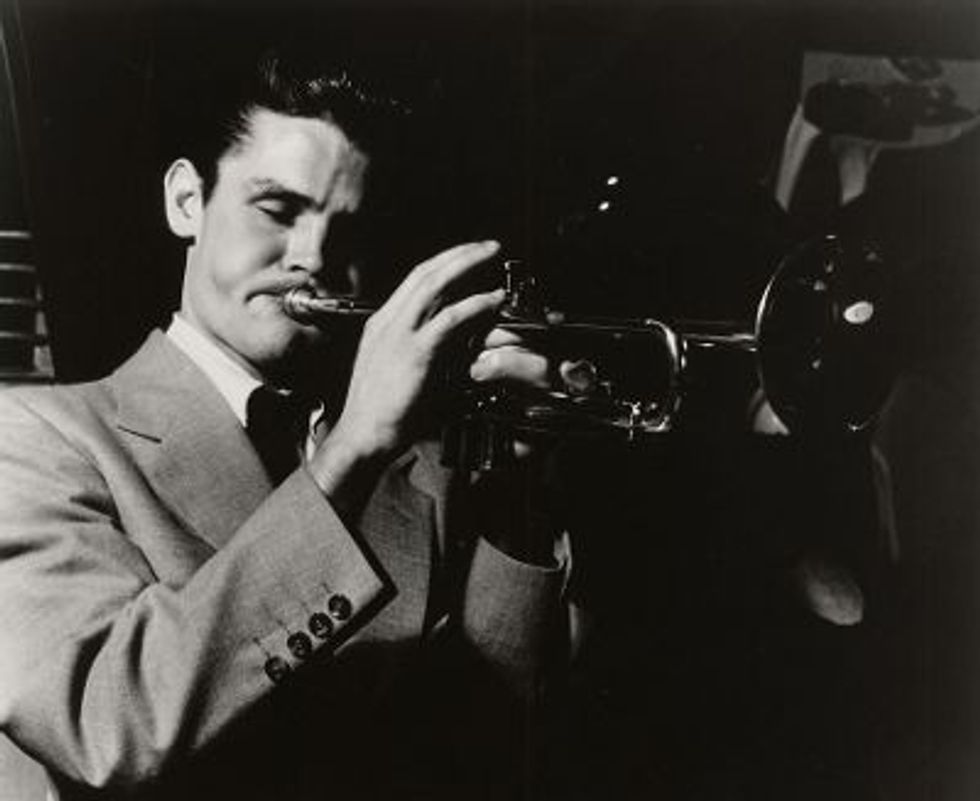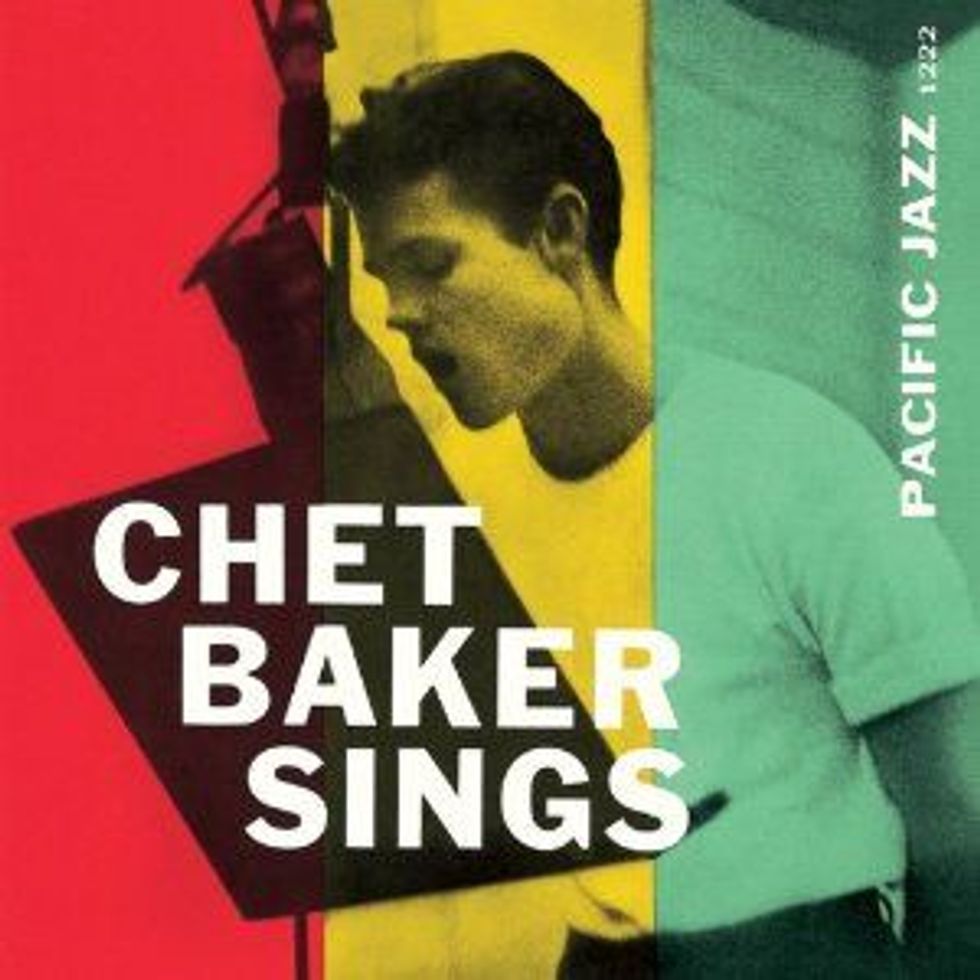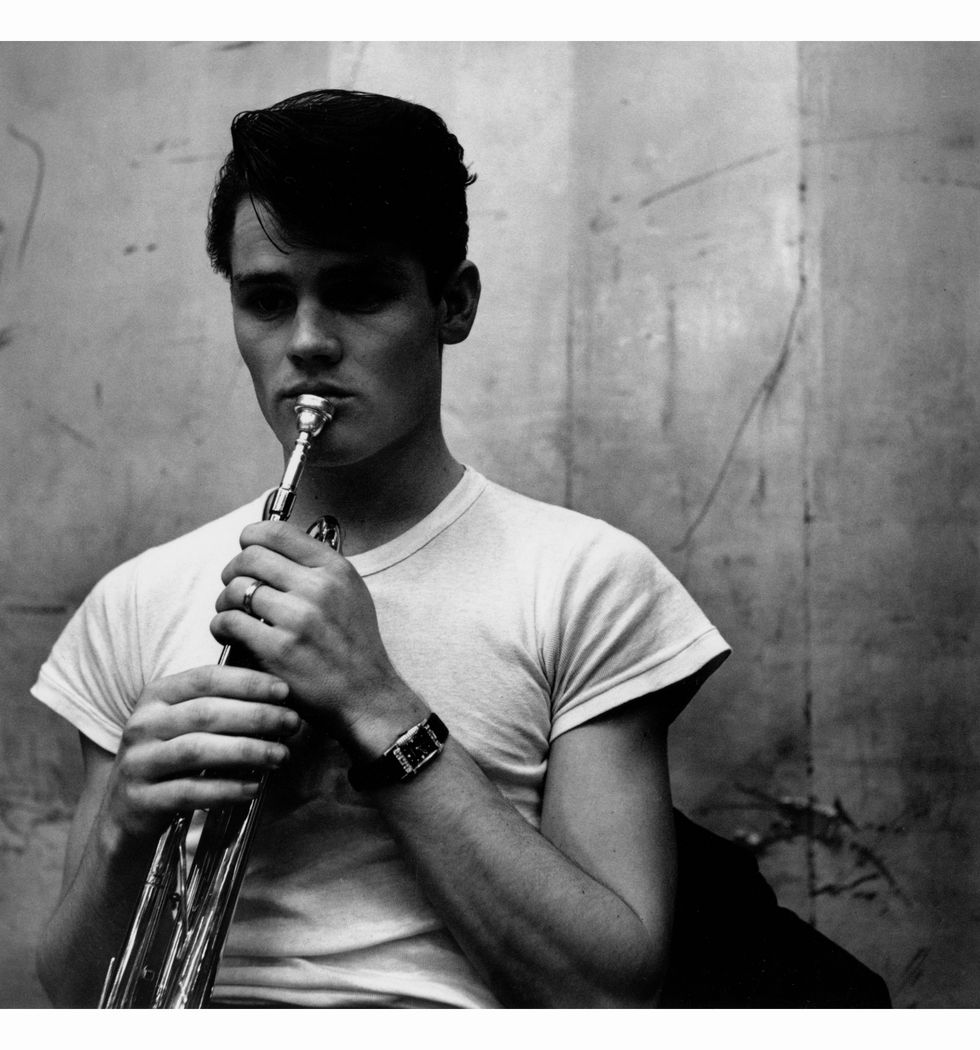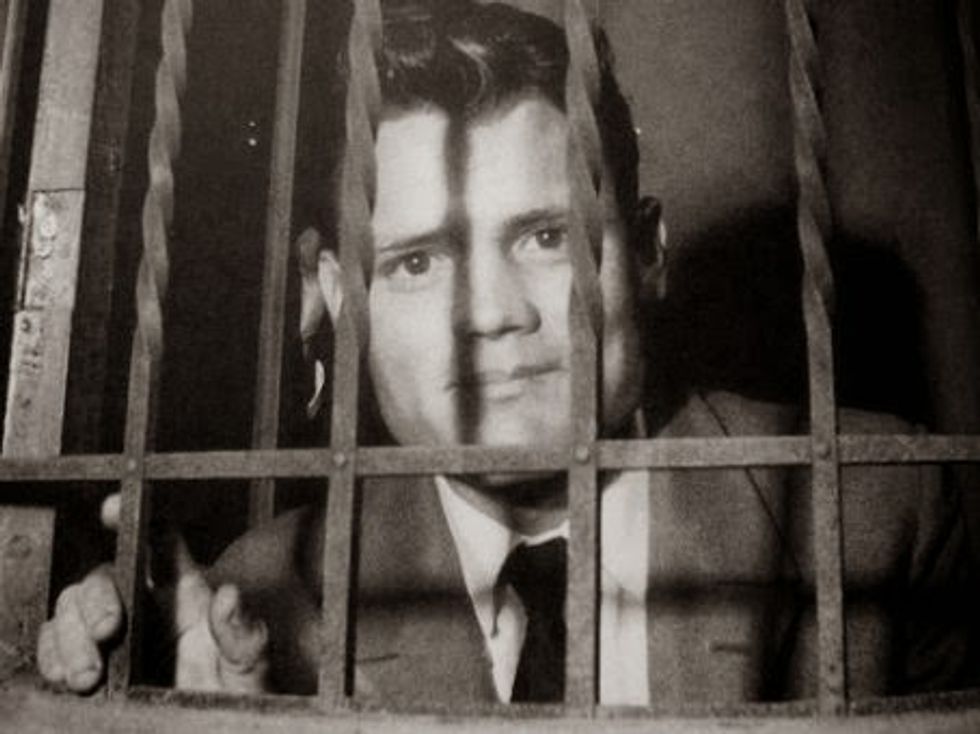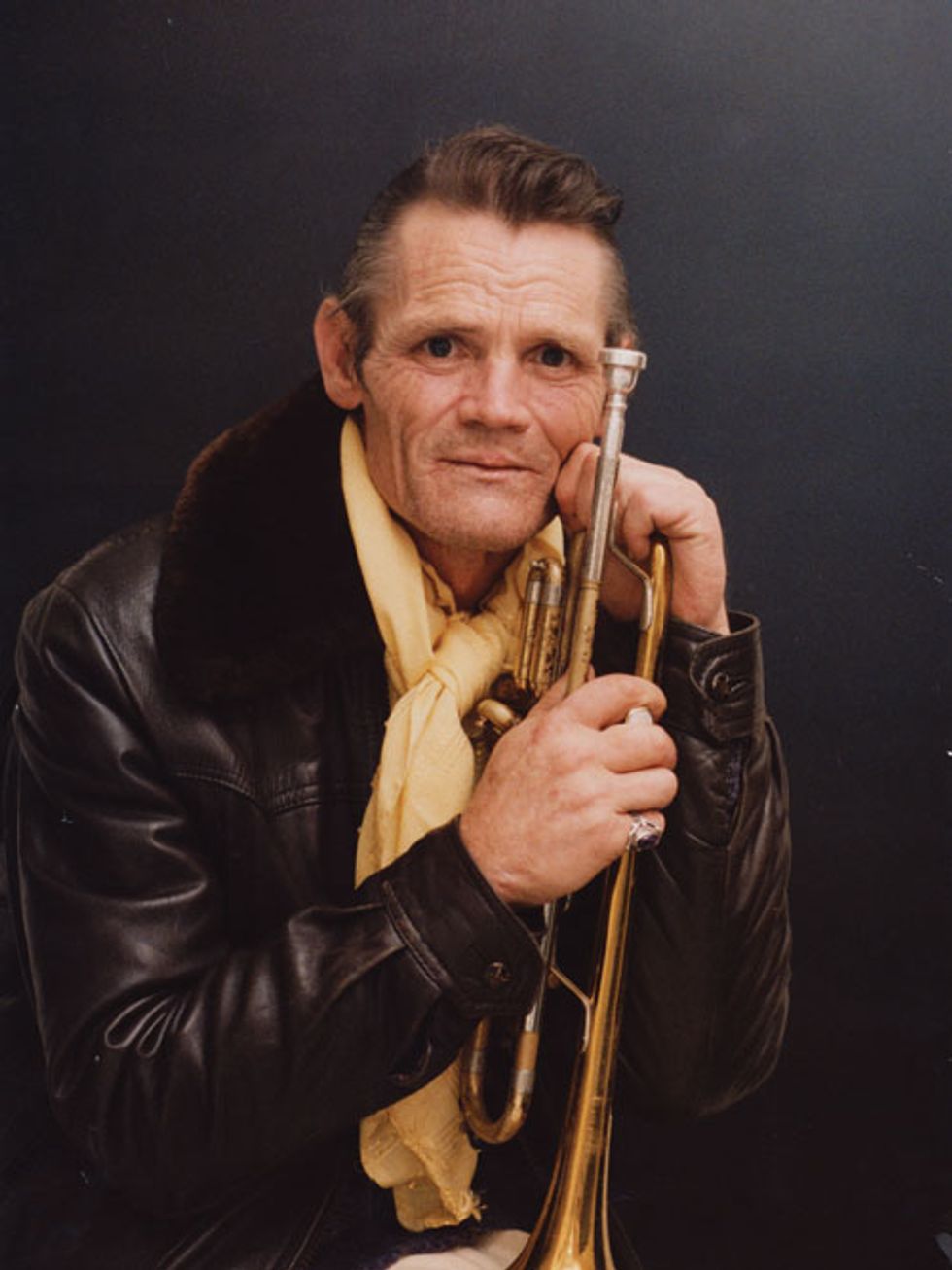Chet Baker was born two days before Christmas in 1929 in Yale, Oklahoma. At a young age, his love of music spawned into being a jazz trumpeter. As his career spanned from jazz quartets to a promising solo career to then taking gigs as a way of getting money for his drug addiction, Baker's life is one of both tragedy and interest. Although this may seem like a short biographical piece on the late artist, this is actually here as a reminder that Baker's contributions to the music world should not go unnoticed.
Chet Baker is widely remembered for his version of the song "My Funny Valentine." A song, woven to young lovers, Baker's vocals hauntingly charm throughout the piece. The song makes Baker sound like a calm yet desperate man longing for a quaint moment of love with someone, hence why so many people identify this song with Baker (most of the time). Baker's vocals hauntingly charm throughout the piece. The song makes Baker sound like a calm yet desperate man longing for a quaint moment of love with someone, hence why so many people identify this song with Baker (most of the time).
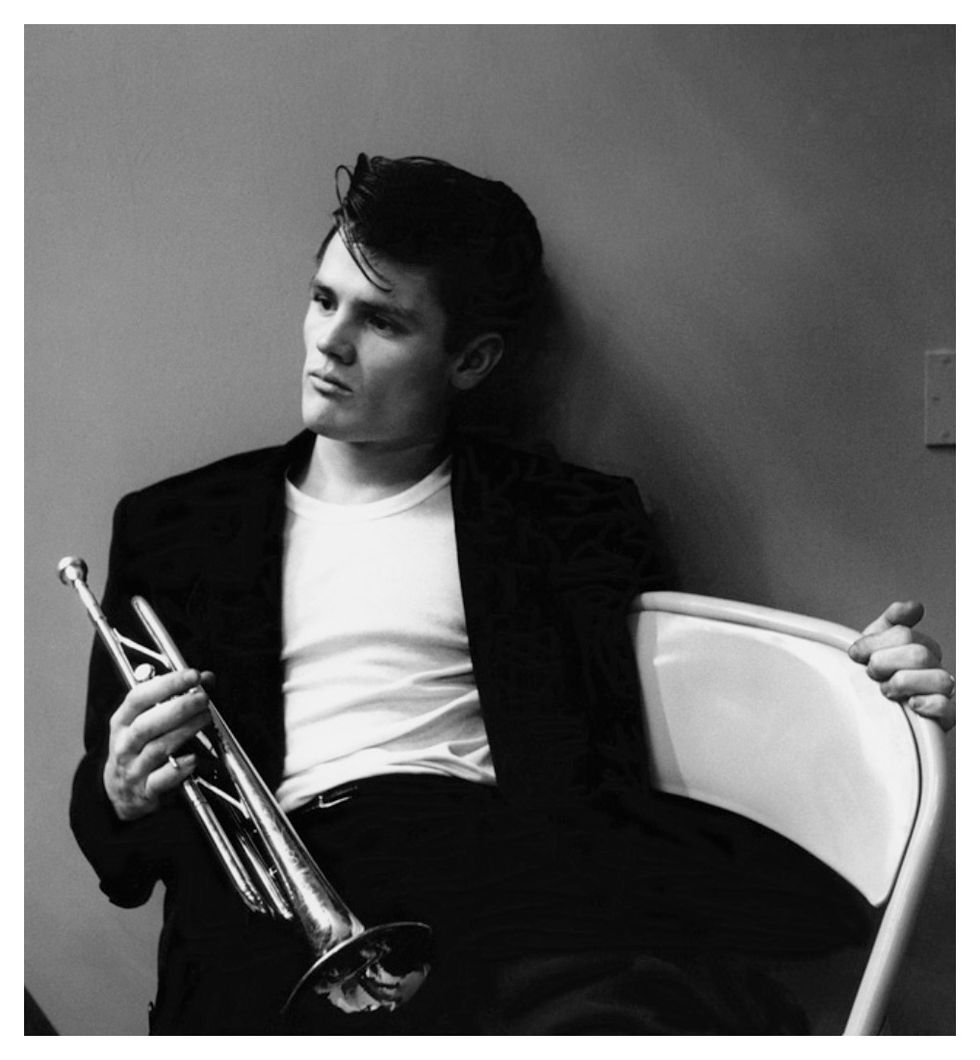
Baker's enormous discography, including his time in the Gerry Mulligan Quartet, contains mostly Baker's trumpet. His voice, however, blends with his trumpet skill on the album Chet Baker Sings. Containing such songs like "Time After Time", "My Buddy", and even "My Funny Valentine", this album perfectly encapsulates the soft yet powerful vocal ability of Baker.
Chet Baker Sings was the first full album I listened to when I found Chet Baker, and it's an album that remains a gem with his career. Pacific Jazz's promotion of Baker's vocals and trumpet was seen prominently with albums like these, including Embraceable You (thirteen songs recorded in 1957 that weren't released until 1995) and Chet Baker Sings and Plays (1955).
Essentially, Chet Baker was an unofficial poster boy for what fans called 'West Coast cool'. Jazz was seen as a genre of music primarily seen with big bands playing instruments or single artists working in quartets or sextets. Baker was apart of a de facto group that made Jazz become this rebellious, softer sort of music. In Chet Baker Sings, you hear his crooning and trumpet unlike those of John Coltrane. Arrangements for Baker showcasing his voice and trumpet prompted this large boom of West Coast-based jazz artists. Though it wasn't an opportunity for those to say it was a pre-90s rap 'beef' between East Coast and West Coast jazz artists, but it certainly changed the landscape of the 1950s once Baker broke out as a singles artist.
Baker was in his prime when his drug addiction started to come into newspapers and social circles. Arrested during a European trip, Baker's public image was tarnished. Although there are a few instances of jazz artists having drug addictions and such, Baker's arrest was seen as a surprise to many.
This video shows what looks like a troubled Baker getting through a performance:
(Youtube credit to gilbertocanova)
Baker's addiction to heroin lasted until his untimely death in 1988. Recording albums for quick cash and taking live gigs, Baker was getting by as a promising but ultimately failing artist. His addiction caused a variety of issues, including his marriage and neglecting his kids, run-ins with the law, and even getting jumped by drug dealers that resulted in chipping a few of his teeth. However, we shouldn't remember Chet Baker as some bum who could play the trumpet and had a decent voice, but rather as this tragic anti-hero who made music that is still unique to this day.
Baker's haunting aura as a jazz artist is something to look at from a personal standpoint: how can someone this tragic make some incredible music that makes every day seem like living in a beach house? Baker's life was documented in an Academy Award-nominated film Let's Get Lost that detailed Baker's last few years while bringing in footage from the 1950s.
A small excerpt of the documentary, including Baker singing "Forgetful" live on TV, is presented below:
*Note: a few swears are heard in the middle-part. I do not support the language used in that part*
(Youtube credit to Rodrigo Cantillano)
On one side, the documentary presents a hollowed, washed up Baker in his fifties while on the other side, we see a young and seductive Baker playing his trumpet and creating great music. Baker's death came almost five months before the documentary was released, yet his legacy was already cemented.
Chet Baker's life was rocky, tragic, sometimes beautiful and overall unique. As drugs ruined his career and his health, his perseverance to get onstage and play his trumpet like every show was his last is amazing. That takes a lot of pride and courage to do something like that, and for that, we must remember Baker for not only his contributions to jazz but for adding this mystical aura to the genre.
And for that, I wish Chet...
(Youtube credit to Lorenzo Impagliati)

